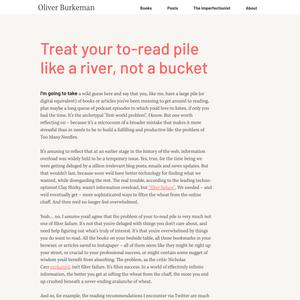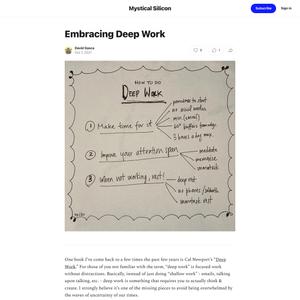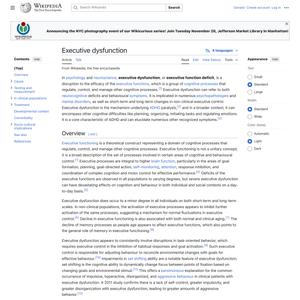
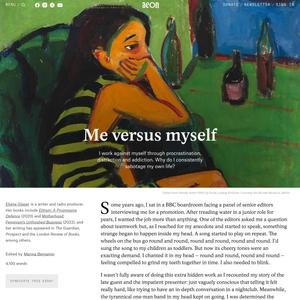
The average person has a sensitivity toward his bodily processes; he notices changes, or even small amounts of pain; this kind of bodily sensitivity is relatively easy to experience because most persons have an image of how it feels to be well. The same sensitivity toward one's mental processes is much more difficult, because many people have never known a person who functions optimally. They take the psychic functioning of their parents and relatives, or of the social group they have been born into, as the norm, and as long as they do not differ from these they feel normal and without interest in observing anything.
4 months ago
6 months ago

8 days ago
transitioning from self improvement land, which creates a mental checklist:
“I should be putting this energy toward something creative”
“I should be reading”
“I should be exercising”
But more so self acceptance:
Accepting where you are right now
Celebrating wins large and small
Learning from your losses
to leave the world with as little regret as possible
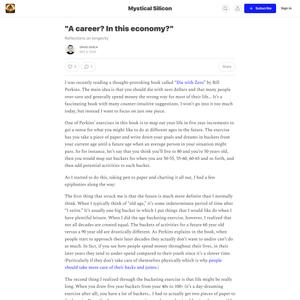
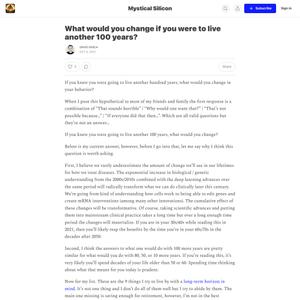
There are only 2 modes. 1. Get stuff done 2. Chill Any other mode is along the spectrum between the 2. The goal should always be to do one or the other. Avoid the spectrum. During productive times focus on what needs to be done and do it as efficiently as possible. Don’t try to chill at the same time. Your work will suffer and your chill will not be very chill. Don’t try to get stuff done during your chill time. Then you’ll never really chill. Always identify whether it’s time for work or time for chill, and act accordingly. If you know you will be able to chill later, and REALLY chill, you will focus on your work. If you know the work will be done efficiently and effectively later, you can really chill.
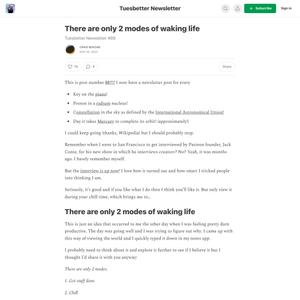

"When you're in the middle of the work, set your expectations high. It's unlikely your performance will exceed the standard you set for yourself. High expectations encourage you to keep reaching and fulfill your potential.
Once the work is done, release yourself from your expectations. The fastest way to ruin a good outcome is to tell yourself it's not good enough. Your expectations dictate your happiness more than your results.
Expectations can be helpful as a motivator and unhelpful as a measuring stick. Now that the work is done you can rest easy knowing you tried your best. You've already won."
What are the feedback loops around me? What do they generate? What do they converge toward? Do they share my goals? Are my goals my goals, or the goals of the feedback loop? How might I construct my feedback loops to generate agency?
Agency is not a function of effort or willpower, but a function of the feedback loops you garden around you.
- Gordon Brander
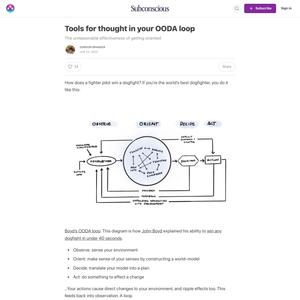
Within the “content” industry, there are essentially two buckets. To achieve massive distribution with ideas, it can seem like there are only two options: Indignation, or advice.
You’re either opposed to a particular, sensational moral atrocity threatening to destroy sacred values, or you are entertaining individuals with inspiring suggestions for improving their life. Advice content is not education but comfort, it is almost never used as a playbook for action the day after, but rather it provides happiness and hope only in the experience of consuming it. This is the only tenable interpretation of the genre because its most successful practitioners accrue large audiences of loyal, persistent fans. If the essence of this sub-genre was transformative education, the most successful practitioners would have the smallest audiences—as every newcomer quickly graduates into leaving the content behind.
- Justin Murphy
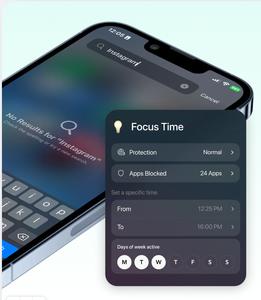
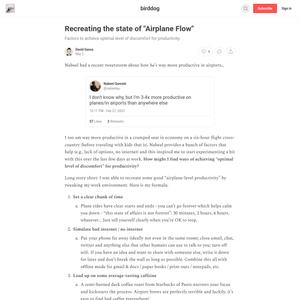
Without altering the facts of the situation I am facing and without ignoring the reality of what must be done, what is the most useful and empowering story I can tell myself about what is happening and what I need to do next?
Make things fun
Hard work isn’t supposed to be pleasant, we’re told. But in fact it’s probably the most enjoyable thing I do. Not only does a tough problem completely absorb you while you’re trying to solve it, but afterwards you feel wonderful having accomplished something so serious.
So the secret to getting yourself to do something is not to convince yourself you have to do it, but to convince yourself that it’s fun. And if it isn’t, then you need to make it fun.
I first got serious about this when I had to write essays for college. Writing essays isn’t a particularly hard task, but it sure is assigned. Who would voluntarily write a couple pages connecting the observations of two random books? So I started making the essays into my own little jokes. For one, I decided to write each paragraph in its own little style, trying my best to imitate various forms of speech. (This had the added benefit of padding things out.)
Another way to make things more fun is to solve the...
